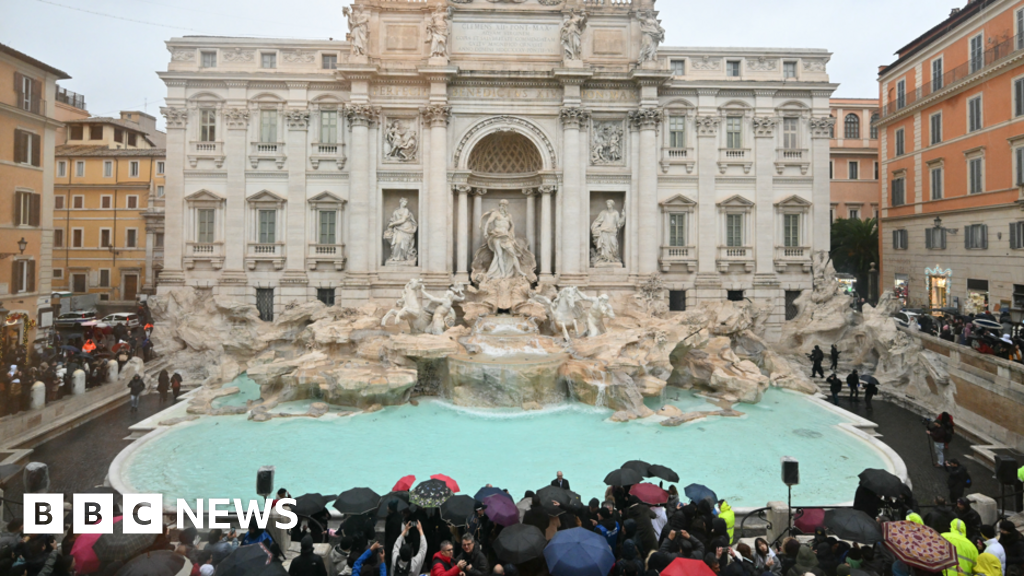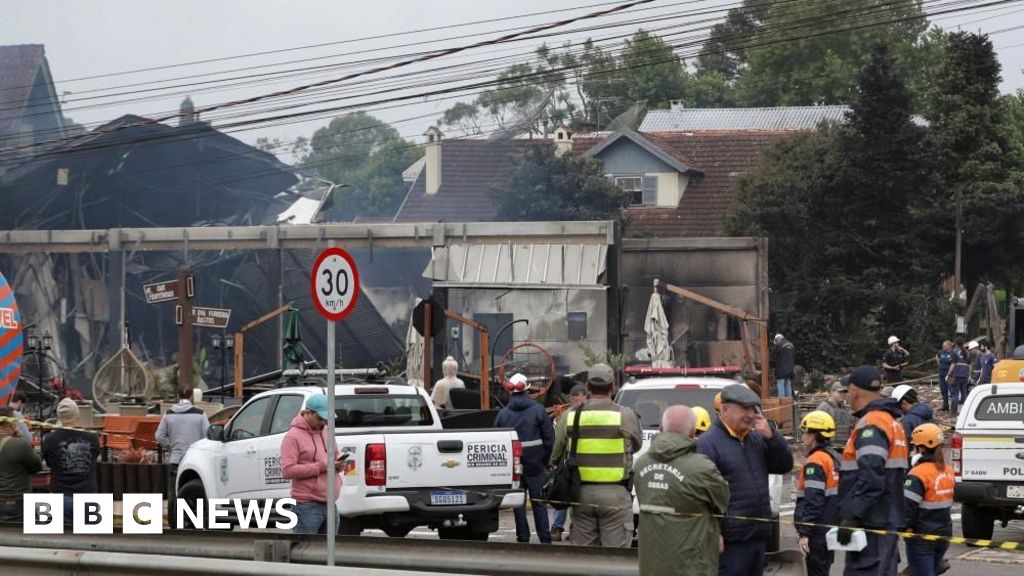The welfare of a group of sub-Saharan African refugees and migrants, many just hoping to cross Tunisia for the security of Europe, is of growing concern to rights groups as they remain unaccounted for in the Tunisian desert near the Algeria border.
A group of 29 people, part of an initial cohort of 42 Sierra Leonean asylum seekers and irregular migrants who were abandoned in the desert by Tunisia’s National Guard with nearly 100 others, were rescued by rights groups late last month.
On being left by the roadside, the group of roughly 130 people splintered, and the Sierra Leoneans made their own way through the sand and scrub in the direction of what their guards had said was Algeria.
Twenty-four-year-old Anderson was among the Sierra Leoneans abandoned in the desert for 12 days before being rescued after a chance phone call from a friend initiated rescue efforts.
Unofficial policy
Such expulsions have been occurring with such frequency that they amount to unofficial policy, rights groups said.
Migrants and asylum seekers are bussed out to Tunisia’s desert borderlands with Libya or Algeria and abandoned with no money, mobile phones, food or water – in stark violation of international humanitarian law.
First recorded in July last year, expulsions have become a part of a crackdown on migration in Tunisia, one that has seen activists and NGOs prosecuted for providing aid to people targeted by security services.
Nobody knows for sure how many refugees and migrants there are in Tunisia. About 16,500 people are registered with the Office of the United Nations High Commission for Refugees (UNHCR).
In addition to registered refugees, who in theory enjoy some legal status, are tens of thousands of irregular arrivals camped at locations across the country.
The International Organization for Migration (IOM) estimated that just one camp near the port city of Sfax held 15,000 people in April.
With a population worn down by sporadic shortages in staple foods, water rationing and endemic unemployment, which sparked a 2011 revolution, the expulsion of refugees and migrants is sometimes welcomed by Tunisians.
Anti-migrant protests have been gaining ground with locals, some of whom rely on olive groves, where thousands of refugees and migrants are forced to camp after being driven out of towns, for their economic survival.
 About 130 Black migrants and refugees who were arrested at locations across Tunisia were expelled into the desert near Algeria last month [Courtesy of Anderson]
About 130 Black migrants and refugees who were arrested at locations across Tunisia were expelled into the desert near Algeria last month [Courtesy of Anderson]Under a climate of arbitrary prosecution and self-censorship by the media, police raids on the encampments go unreported, as do the expulsions of men, women and children into the desert.
Anderson
Anderson was arrested on August 15 while journeying from Sfax to Tunis.
The journey wasn’t on a whim. He was travelling to renew the UNHCR card confirming his status as an asylum seeker: accreditation that arrivals wait months for in the hope that it will grant a degree of legal protection and access to some services.
“They beat me,” he told Al Jazeera of his arrest, “They beat me like a thief. They tied my hands behind my back, and I could feel the blood swelling in them.”
Anderson was loaded onto a crowded bus containing about 130 people, where, his hands still bound, he was instructed by the National Guard to stand while the women were permitted to sit.
Out in Tunisia’s hardscrabble south, the bus was emptied near Umm al-Arais in Gafsa Governorate near the Algerian border. There, the travellers separated into groups determined largely by language and nationality.
Anderson’s group of 42 Sierra Leoneans included several infants and three pregnant women, among them heavily pregnant Meminatu and her partner, Osman, who Anderson got to know.
 Anderson’s UNHCR asylum seeker card, ignored by authorities who arrested him [Courtesy of Anderson]
Anderson’s UNHCR asylum seeker card, ignored by authorities who arrested him [Courtesy of Anderson]At least five other registered refugees and asylum seekers were within Anderson’s group.
Thirteen people, 11 men and two girls, fell behind over the next four days as the group wandered the desert.
Parched and desperate, some resorted to drinking their own urine.
Anderson didn’t know what had become of any of the 13 people who fell behind.
“I still can’t sleep,” he said, “I dream of them, but there was nothing anyone could do. We had nothing. We had no power. What could we do?”
In the end, it was a chance phone call to the mobile phone that Anderson had managed to keep hidden during his arrest that helped save him and what remained of the original group.
In an indication of the precarity of the lives of refugees in Tunisia, the idea that anyone might be able to help him and the others lost in the desert had appeared so remote as not even to be worth trying.
It was more than a week before a German friend visiting Tunis contacted him and was able to arrange for food and water and mobilised the group Refugees in Libya, which was able to help rescue the group.
 Sierra Leonean migrants shelter from the sun in the Tunisian desert near Algeria [Courtesy of Anderson]
Sierra Leonean migrants shelter from the sun in the Tunisian desert near Algeria [Courtesy of Anderson]Mahamat Daoud Abderassoul of Refugees in Libya said efforts to locate the others who remain in the desert and have no way of communicating are ongoing.
Despite not having heard from the lost group, Abderassoul said hopes remain high that its members would be located.
“We regularly receive hotline messages from refugees across North Africa, but the situation in Tunisia is going from bad to worse,” Abderassoul said from Rome.
“The deaths of migrants are increasing, especially in the last months,” he said. Even UNHCR paperwork or cards make little difference, he added, with police seizing registered and unregistered arrivals with equal impunity.
Contacted by Al Jazeera, a spokesperson for the IOM, which supports rescue efforts, confirmed that several members of the rescued group were transferred to IOM shelters nearby in Medenine and Tataouine.
Saied
The first expulsion of Black refugees and migrants was last summer, shortly after President Kais Saied launched a racially charged broadside against the vulnerable community in February 2023.
He claimed they were part of a plot to “change the demographic makeup” of Tunisia and turn it into “just another African country that doesn’t belong to the Arab and Islamic nations any more”.
Across the country, racist attacks followed Saied’s speech with Black families ejected from their homes and beaten in the streets.
Hundreds of West Africans were evacuated by their governments, and the cash-strapped country’s critical partnership with the European Union – which had already seen the transfer of significant EU funds – came under pressure from leading rights groups and members of the European Parliament.
In that climate, what activists suspect to be the first forced expulsion to the desert was enough to draw both international media attention and a blunt denial from the minister of interior.
Since then, the practice of expelling vulnerable people to the country’s hinterlands has increased dramatically.
“Expelling people to the desert near Libya and Algeria has become systematic,” Salsabil Chellali, the director of Human Rights Watch in Tunisia, said.
“It’s become a well-oiled machine with authorities better organised to carry out these unlawful expulsions. The thing is, it’s difficult to assess how extensive it is,” she said.
 Children are among the refugees and migrants who have been bussed to the desert near Tunisia’s borders with Libya and Algeria and left there without food, water or phones [File: Yousef Murad/AP]
Children are among the refugees and migrants who have been bussed to the desert near Tunisia’s borders with Libya and Algeria and left there without food, water or phones [File: Yousef Murad/AP]“Typically, the police seize people’s mobile phones, documentation and money, so they can’t reach help,” she said.
“Exacerbating matters is that not just giving aid to asylum seekers has been made illegal but even contacting refugees and irregular migrants could be criminalised,” she said.
“Last year’s publicised abuses against migrants and refugees shed light on the actions of EU-funded entities involved in migration control in Tunisia.
“But the EU did not retreat from a deal already devoid of consideration for the rights of these migrants and asylum seekers,” she told Al Jazeera.
Gravy train
Despite well-publicised concerns over the illegal treatment of Black refugees and migrants in Tunisia, the European Commission still entered into an agreement with Tunisia in July last year.
Under the deal, 105 million euros ($115m) is earmarked specifically for migration, including measures to enhance border management, fight smuggling and “support the return of migrants”.
Contacted for comment, a commission spokesperson responded without making reference to the experience of Anderson or any of those who said they have been expelled into the desert.
Likewise, Al Jazeera’s inquiry as to whether this matter would be investigated went unanswered.
Nevertheless, the spokesperson said: “The respect for human rights and human dignity of all migrants, refugees and asylum seekers are fundamental principles of migration management, in line with obligations under international law.
“The EU expects its partners to fulfil these international obligations, including the right to non-refoulement.”
The Tunisian Ministry of Interior has yet to respond to a request for comment.
On Sunday, 12 days after their ordeal in the desert ended, Meminatu gave birth to a boy.
They named him Alhajie Anderson, after the man whose phone summoned help.

 3 months ago
72
3 months ago
72









